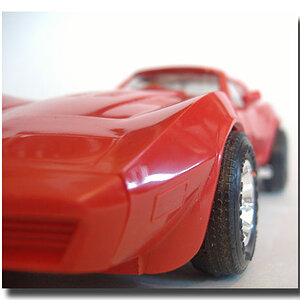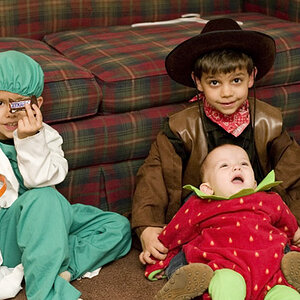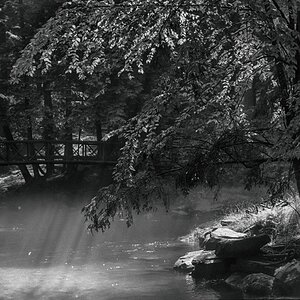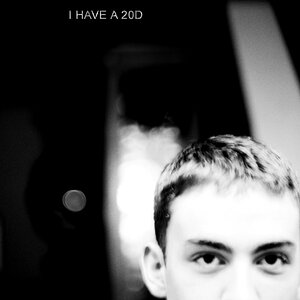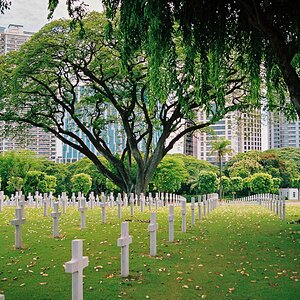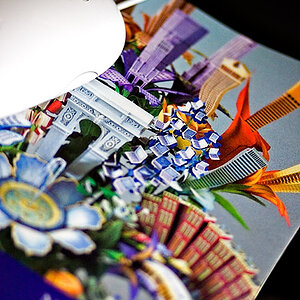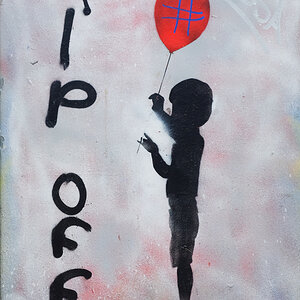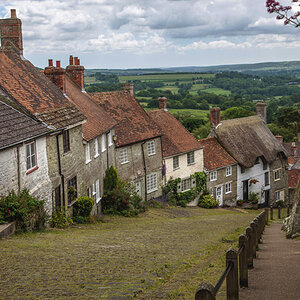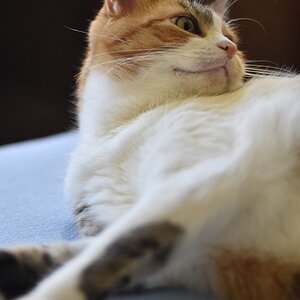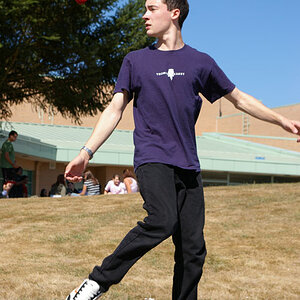SCraig
Been spending a lot of time on here!
- Joined
- Nov 12, 2011
- Messages
- 6,474
- Reaction score
- 2,450
- Location
- Nashville, TN
- Website
- sc-photo-tn.com
- Can others edit my Photos
- Photos NOT OK to edit
I'll be 61 in October and also started back in the film and darkroom days of the mid 60's. I worked in a camera shop (those were stores that actually sold cameras and lenses and film and such) when I was 14 and got to play with pretty much anything in the store. I shot B&W for years and then switched to color in the 70's when it became feasible to process it in a small darkroom. I still have all my darkroom gear but it's been in boxes in the basement for many years.
I think it would be so beneficial for many people to use a completely manual camera for a while. No built-in metering, no autofocus, no histogram on the LCD Display, no nothing except their minds. Every day I see people struggling with exposure and focus using completely automated cameras, and I honestly believe that if they would put them down and use something completely manual for a month or two they would come back to their automatic cameras with an entirely new vision. They would have LEARNED exposure, not just read about it or skimmed over the concepts, but they would have LEARNED it. Or they would have absolutely nothing to show for their efforts.
I think it would be so beneficial for many people to use a completely manual camera for a while. No built-in metering, no autofocus, no histogram on the LCD Display, no nothing except their minds. Every day I see people struggling with exposure and focus using completely automated cameras, and I honestly believe that if they would put them down and use something completely manual for a month or two they would come back to their automatic cameras with an entirely new vision. They would have LEARNED exposure, not just read about it or skimmed over the concepts, but they would have LEARNED it. Or they would have absolutely nothing to show for their efforts.





